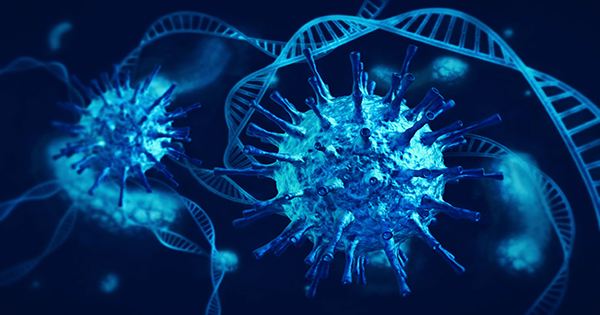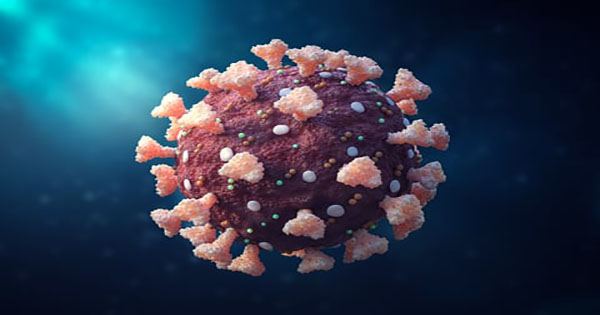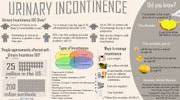The winners of the 2022 Breakthrough Prizes in Fundamental Physics, Life Sciences, and Mathematics, as well as numerous additional Breakthrough Prize early career grants, have been revealed. The “Oscars of Research,” now in their tenth year, commemorate the most significant accomplishments in science, so it’s no surprise that this year’s nominees focused heavily on the technology and innovations that enabled the development of COVID-19 mRNA vaccines. Other attractions include the world’s most precise atomic clock.
Three $3 million awards are available in the Breakthrough Prize in Life Sciences. Professors Katalin Karikó and Drew Weissman of the University of Pennsylvania are the first joint winners, for their work on an RNA-mediated process that led to a critical COVID-fighting technique. Their work laid the groundwork for the creation of COVID-19 mRNA vaccines and has enormous promise for future therapies.
Prof. Karikó spoke with IFLScience about the significant challenges in developing such approaches over the decades, as well as how this technology is being investigated as a critical tool not only for fighting pathogens like coronaviruses and HIV, but also for treating diseases like cancer and leukemia. Its applications may be game-changing.
“It’s all up to fellow scientists’ imaginations. Prof. Karikó told IFLScience, “They acquire an idea and then use mRNA to explore whatever their notion is.”

Prof. Karikó was quick to point out that having mRNA vaccine technology on hand was not enough to respond quickly to the COVID-19 pandemic. Everything that permitted speedier scientific study, connected worldwide teams, and brought volunteers to clinical trials was vital in the delivery of these life-saving vaccines, from Next-Generation DNA sequencing to the invention of the Internet.
Professors Shankar Balasubramanian and David Klenerman of the University of Cambridge, who devised “Next-Generation DNA sequencing” with Pascal Mayer and began using it in 2006, are the second joint winners.
This method of genetic sequencing was a million times faster than the one used to finish the Human Genome Project only a few years ago. It made sequencing easier, faster, and less expensive.
Professor Balasubramanian told IFLScience, “The objective was to enable compassionate genome sequencing at a scale that was meaningful in respect to the size of the population in order to understand the genetic basis of who we are.” “The most important motivation was to improve human health.”
















